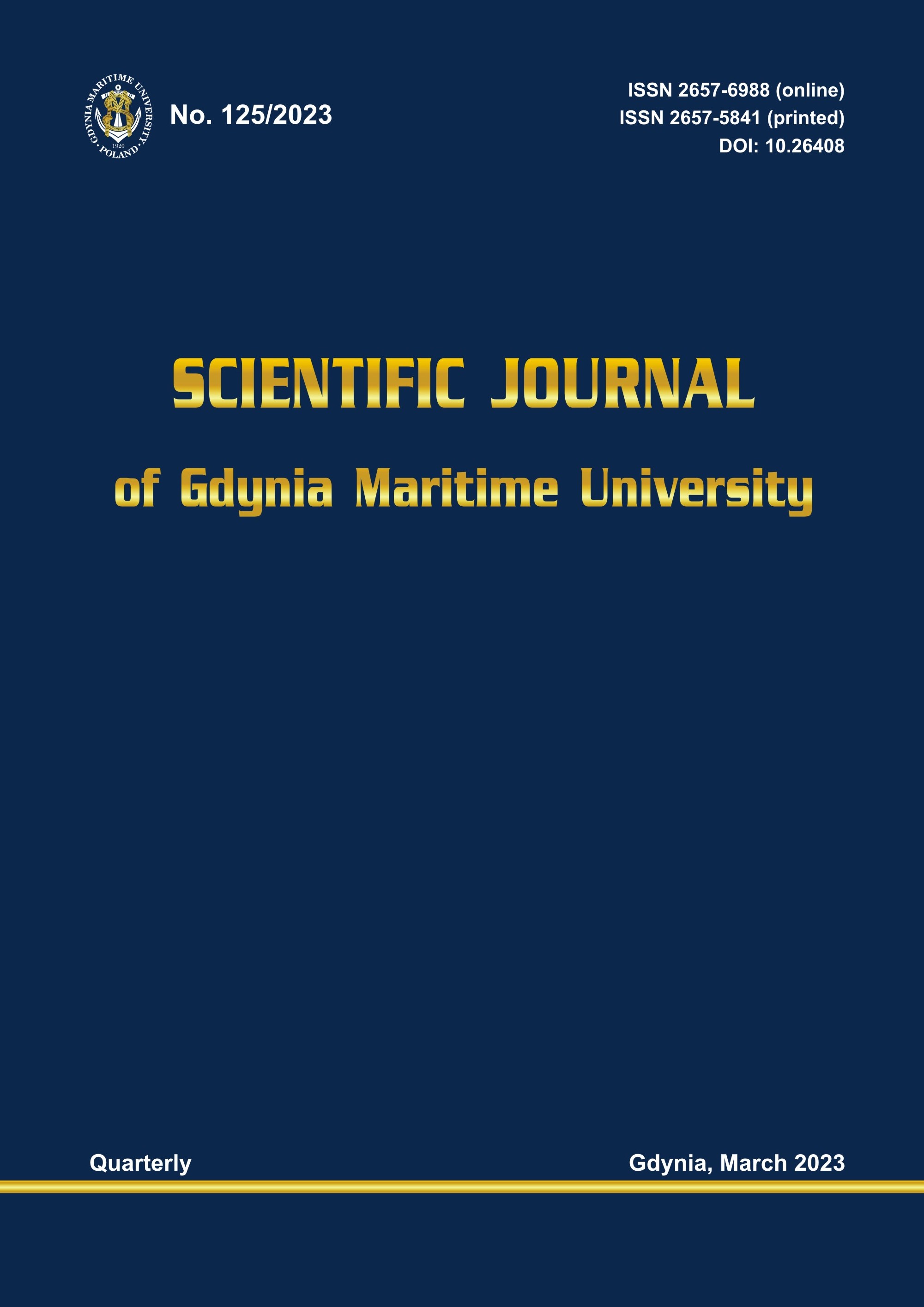abbr. SJ GMU
ISSN 2657-5841 (printed)
ISSN 2657-6988 (online)
DOI: 10.26408
125
The current issue of the Scientific Journal of Gdynia Maritime University contains two post-conference papers presented during the 10th edition of the European STAMP Workshop and Conference (ESWC) and two papers of the Student Special Interest Group of Underwater Research ‘NKBP SeaQuest’ from Gdynia Maritime University. The ESWC Conference was held on September 29–30th 2022 and was organised by the Gdańsk University of Technology and Gdynia Maritime University.
The ESWC focuses on applications and studies related to the Systems-Theoretic Accident Model and Processes (STAMP) and the first two papers of this issue are dedicated to the STAMP and STAMP-based methods and hazard analysis technique.
The first of these manuscripts deals with the topic of automation in container terminals and the development of autonomous systems. As the authors emphasise, increasing automation may cause a number of new hazards to autonomous operations and operational safety. Heikkilä et al. analyse the applicability of the STPA (System-Theoretic Process Analysis) and HAZOP (Hazard and Operability Study) methods for hazard analysis of autonomous systems, in particular a container handling system. They present the advantages and disadvantages of both methods as well as differences in their application.
Similarly, the problem of system safety is addressed in the second paper, by drawing attention to the complexity of software-centric systems. The authors indicate the need to verify, in particular, systems directly related to safety and to analyse risk scenarios in the STPA process. Model checking is used to verify whether the control algorithm sufficiently implements the safety constraint in the process. The benefits of applying model checking to STPA are presented as well.
The last two papers are prepared by the Student Special Interest Group of Underwater Research ‘SeaQuest’. The first of these manuscripts presents risks related to incorrect decompression. It describes the procedure for properly performed decompression and typical accidents caused by non-compliance with the decompression stops.
The last paper describes various methods of obtaining basic diving licenses on the example of CMAS international diving confederations, the SSI diving school system and two American diving associations, PADI and NAUI. The authors compare and provide a tabular summary of the main recreational diving grades according to the analysed institutions. The Student Special Interest Group of Underwater Research ‘SeaQuest’, in cooperation with PC Divers, has been actively involved in research activities, participating in conceptual research and development studies on market analysis for diving recreational certificates.
Agnieszka Blokus-Dziula

-
Pages:7- 24
-
Pages:25- 39
-
Pages:40- 53
-
Pages:54- 65
